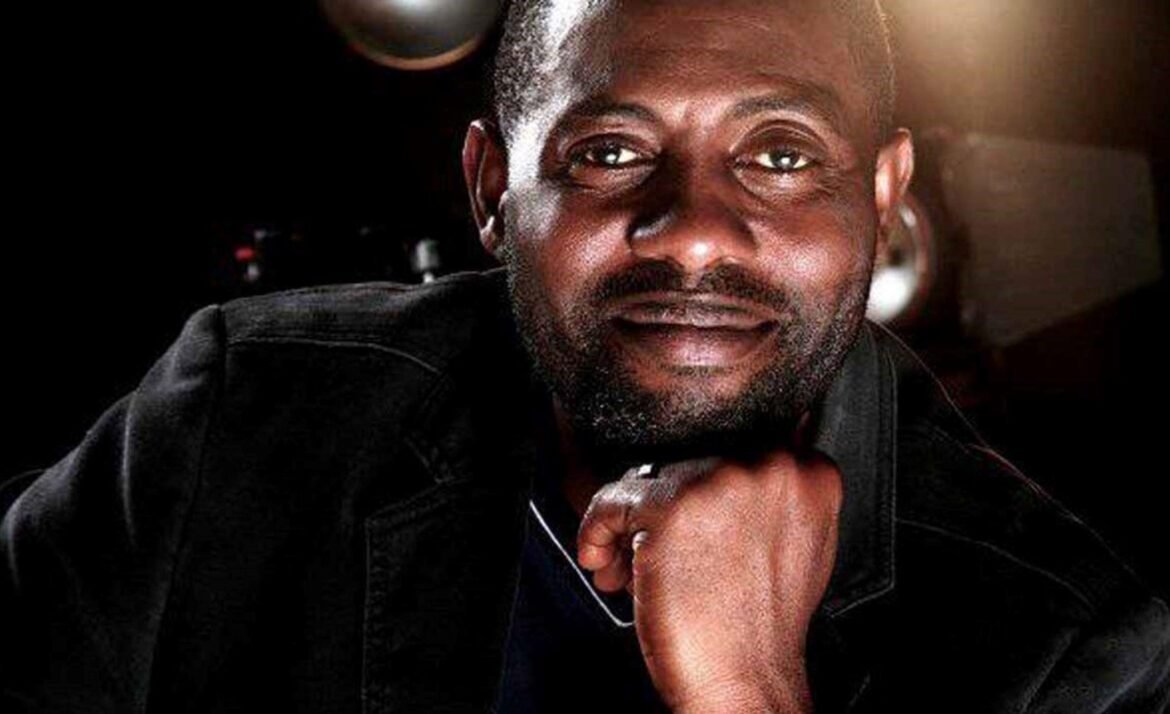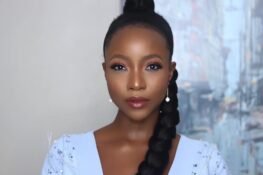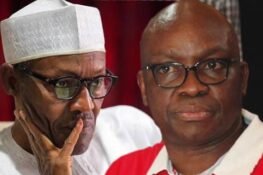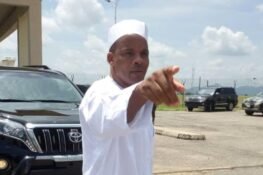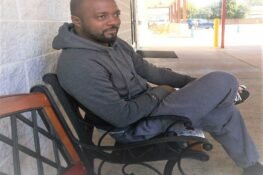Femi Odugbemi and his partners Makin Soyinka and Jahman Anikulapo were already preparing for the 10th anniversary of i-Represent International Documentary Film Festival (iREP) when COVID-19 struck and the festival was postponed. The festival is renowned for pooling notable names in documentary filmmaking and art from different parts of the world to Freedom Park, Lagos for an intellectual exchange of ideas and opportunities. In a chat with The Interview, the Executive Director reflects on the journey so far and how the festival changed the documentary landscape in Nigeria…
How did iREP evolve?
We used to go to the RealLife Film Festival in Ghana back in the late 2000s. It was convened by the New York University, Ghana Campus curated by Awam Amkpa alongside Lidia Arkatey.
Each time I attend the festival, I will meet Makin and Jahman. I knew them individually.
I knew Jahman from my days as president of the Independent Television Producers Association of Nigeria (ITPAN) and I have known Makin since I was a child.
We would be in Accra watching documentaries across the world but we noticed that there were just a few of us in the cinema hall watching these life-changing documentaries.
So we had this conversation on why Africans were resistant to documentary films.
Documentary films spring development. It is where issues are processed beyond the news item, insight is received.
People grow from watching documentaries. A lot of the things we know today if you are intelligent comes from watching documentaries on different aspects of life.
Documentaries also help us to redefine what we believe and what is possible.
If there is any kind of people that need documentaries, wouldn’t it be Africans?
That was the kind of question that was triggered. And as we talked more, we thought about Nigeria.
We had a burgeoning film industry called Nollywood.
We started talking about if Nollywood was to find its seat and be extendable, it has to have a connection to the issues in the country.
The fastest way to ensure that the film industry and the country are connected is that there is a 360 degree conversation that is written in fiction and nonfiction.
It is very important that features are stories we tell for entertainment first and then for information.
And non-fiction stories are stories that we tell for information first, but it can also be entertaining.
We thought that Nigeria has many differences considering our diverse cultures.
The differences require a platform for that conversation and documentary is that platform.
It became important to us that first, we created that awareness; secondly, that will interest the young people and can navigate these critical points that can help them form a decision.
Technology helps them to do that.
We decided that we were going to create a documentary film festival that we will consciously promote.
We drummed up excitement on something that was deemed boring and we made it something for the young people
How many films did you screen at that first edition and what was the size of the audience?
The first edition was held in Terra Kulture in 2011.
There were barely 10 Nigerian films, most of them were my work. We had about 70 attendees.
We have sustained a crowd of thousands in recent times. Last year, the attendance was between 3,000 and 4,000.
The Freedom Park’s amphitheatre is full at our evening screenings.
Even the area boys come to iREP.
You can hardly find a place to sit.
That crowd defeats the thoughts that Nigerians do not like serious things like documentaries.
Many young people attend iREP and are interested in documentary filmmaking today, how were you able to sustain the interest of young talents?
We began to show documentary for what it was.
A documentary is not propaganda.
It is a form of film making that could be interesting, comedic, and dramatic; the approaches are many.
It could be a thriller, an expose of the documentarian.
It could be about one’s life experiences. A documentary could be about wine, practically anything.
But the important thing is that documentaries could be diverse. Also, we attached training to the festival and have documentarians across the world come to the festival.
It was an opportunity for the young people to meet them.
We drummed up excitement on something that was deemed boring and we made it something for the young people.
It is those young people that run the festival.
The festival is basically a festival of youths, intelligence and fun.
We managed to combine important issues with excellence in film making, youth vibrancy and technology.
I think that’s very important if you are going to foster that culture.
The great thing is that I’m very excited for our 10th anniversary.
The young people that started the festival have grown.
They now own the vision. If we walk away today, iREP will grow because they basically plan it.
By nature, I’m the idea guy, Jahman is the detailed guy and Makin is the one that gets things done
How have you been able to keep your friendship through the years?
We are uniquely suited for each other. We are good friends but our personalities work. There is a way it fits.
By nature, I’m the idea guy, Jahman is the detailed guy and Makin is the one that gets things done.
Our journey has been one of collaboration. Teamwork makes the dream work.
Are there dreams that are yet to be achieved?
We would like to create a viable economy for the art of documentary.
We would love for more of our young people to be able to make a living out of documentary film making.
We want to have a free-to-air documentary channel. iREP TV is a big dream.
We want documentaries to be added to the school curriculum.
When you talk about documentaries, you have to be trained.
This is so crucial to everything but it has to become an economy.
If we solve that, we will realise that instead of fighting over many issues in the economy, we can make a documentary about it.
We can actually use research and give voices.
